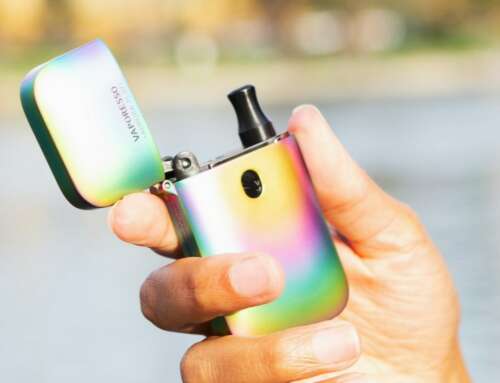When the world’s nations committed to the sustainable development goals (SDGs) last year, they probably weren’t thinking about drugs. But they should have been. Without effective drug control strategies, marginalisation, poverty and inequality will persist in societies. Evidence shows that prohibitionist approaches have not worked – from 1998 to 2008 the number of people using illicit drugs did not change significantly and neither did the area used for opium poppy cultivation. Conventional policies have failed in reducing addiction and production.
Drug policy is connected to core areas of sustainable development: health and wellbeing, gender equality, justice and strong institutions. The population of women imprisoned for drug-related offences is on the rise (pdf). Prison sentences for women may result in the incarceration of their infants and young children, who stay with them for all or part of their sentence.
These social harms are predictable and unnecessary. There is clear evidence demonstrating the link between the illicit drug trade and an increase in levels of violence, conflict, crime and corruption and decreased citizen security. Countering drug-related crime and corruption is imperative to advancing human development.
In recent years, there has been growing attention to the harmful consequences of many drug control laws, policies and enforcement practices on those living in poor or marginalised communities.
Many countries are exploring different policy and programme solutions. These include alternatives to arrest and incarceration for minor drug offences, harm reduction programmes, decriminalisation of drug users and small farmers and increased access to pain medication.
– Magdy Martínez-Solimán
Source: The war on drugs has failed: time to stop fighting and start thinking
Image from Unsplash







Leave A Comment